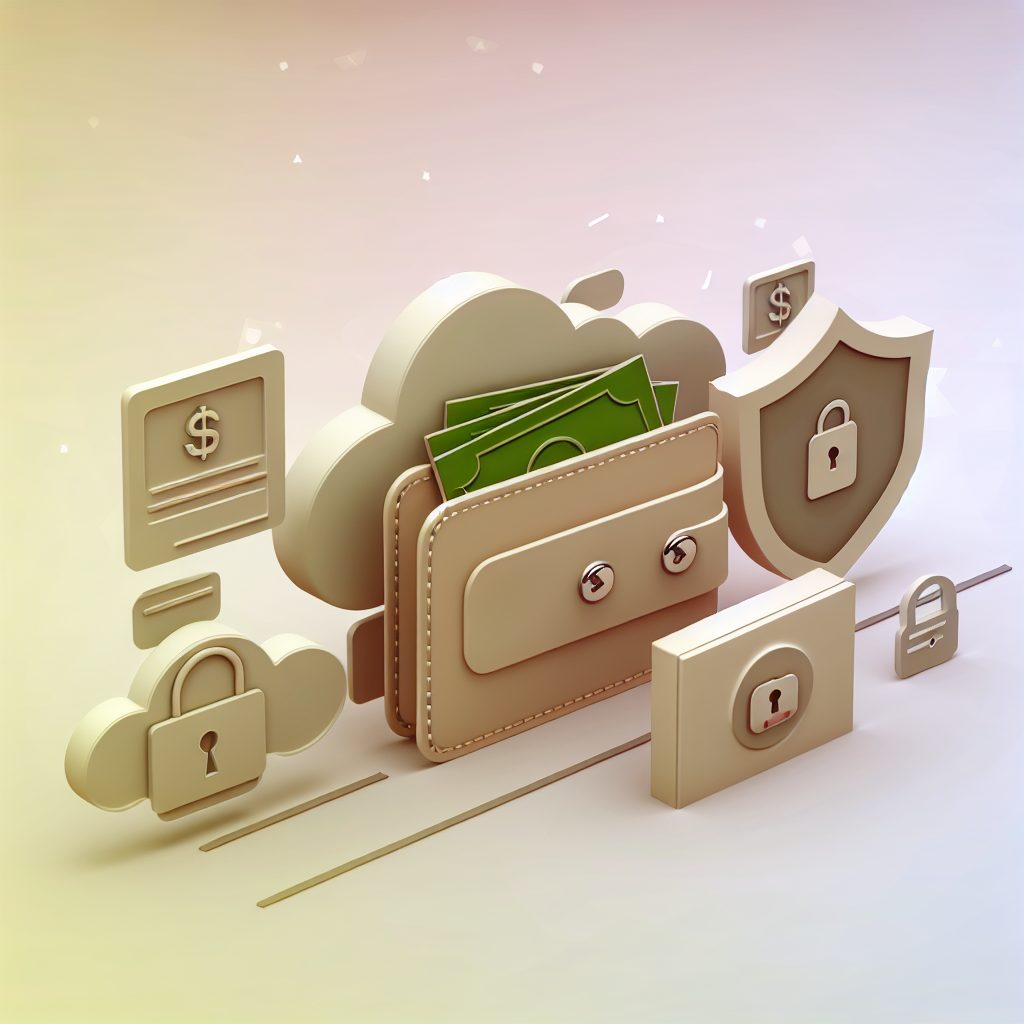How to Back Up Your Wallet Safely
In the world of cryptocurrency, securing your digital assets is paramount. With the rise of cyber threats and the increasing value of cryptocurrencies, understanding how to back up your wallet safely is essential for every crypto enthusiast. This comprehensive guide will walk you through the best practices for backing up your cryptocurrency wallet, ensuring that your investments remain secure.
Understanding Cryptocurrency Wallets
Before diving into the backup process, it’s crucial to understand what a cryptocurrency wallet is. A wallet is a software program or hardware device that allows you to store, send, and receive cryptocurrencies. There are several types of wallets:
- Hot Wallets: These are connected to the internet and are more convenient for frequent transactions. However, they are also more vulnerable to hacks.
- Cold Wallets: These are offline storage solutions, such as hardware wallets or paper wallets, providing enhanced security against online threats.
- Web Wallets: These are hosted by third-party services, allowing easy access but requiring trust in the provider.
Why Backing Up Your Wallet is Crucial
Backing up your wallet is essential for several reasons:
- Loss of Access: If your device is lost, stolen, or damaged, a backup ensures you can still access your funds.
- Malware Attacks: Cybercriminals often target wallets. A backup can save your assets if your wallet is compromised.
- Software Updates: Wallet software may require updates that could lead to data loss if not backed up properly.
Steps to Back Up Your Wallet Safely
1. Choose the Right Wallet
Select a wallet that suits your needs. For long-term storage, consider a cold wallet. For daily transactions, a hot wallet may be more appropriate. Always research the wallet’s security features and user reviews.
2. Create a Backup
Most wallets provide an option to create a backup. Follow these steps:
- Open your wallet application.
- Navigate to the settings or backup section.
- Follow the prompts to create a backup file or seed phrase.
3. Secure Your Backup
Once you have created a backup, it’s vital to secure it properly:

- Use Strong Passwords: If your wallet allows, encrypt your backup with a strong password.
- Store in Multiple Locations: Keep copies of your backup in different physical locations, such as a USB drive in a safe or a secure cloud storage service.
- Consider a Hardware Wallet: For added security, consider transferring your assets to a hardware wallet, which can be backed up similarly.
4. Test Your Backup
After creating a backup, it’s essential to test it:
- Restore your wallet using the backup on a different device.
- Ensure that all your funds and transaction history are intact.
Best Practices for Wallet Backup
To ensure the safety of your cryptocurrency wallet, follow these best practices:
- Regular Backups: Make it a habit to back up your wallet regularly, especially after significant transactions.
- Keep Software Updated: Always use the latest version of your wallet software to benefit from security updates.
- Be Wary of Phishing: Always verify the authenticity of wallet software and avoid clicking on suspicious links.
Real-World Case Studies
Several incidents highlight the importance of backing up cryptocurrency wallets:
In 2014, the Mt. Gox exchange, once the largest Bitcoin exchange, filed for bankruptcy after losing 850,000 Bitcoins due to a hack. Many users lost their funds because they did not have proper backups of their wallets. This incident serves as a stark reminder of the necessity of securing your digital assets.
Another example is the case of a user who lost access to their wallet containing $200,000 worth of Bitcoin due to a hard drive failure. The user had not backed up their wallet, resulting in a permanent loss of funds. This emphasizes the need for regular backups and secure storage solutions.
Common Mistakes to Avoid
When backing up your wallet, avoid these common pitfalls:
- Neglecting to Backup: Failing to create a backup can lead to irreversible loss of funds.
- Storing Backups on the Same Device: If your device is compromised, so is your backup.
- Ignoring Security Measures: Always use encryption and strong passwords for your backups.
Frequently Asked Questions (FAQs)
What is a seed phrase?
A seed phrase is a series of words generated by your wallet that allows you to recover your wallet and access your funds. It is crucial to keep this phrase secure and private.
How often should I back up my wallet?
It’s advisable to back up your wallet after every significant transaction or at least once a month to ensure you have the latest data.
Can I back up my wallet on a cloud service?
While you can use cloud services for backups, it’s essential to encrypt your backup and use a reputable service to minimize risks.
What should I do if I lose my backup?
If you lose your backup and do not have a seed phrase, you may lose access to your funds permanently. Always ensure you have multiple secure copies of your backup.
Conclusion
Backing up your cryptocurrency wallet is a critical step in safeguarding your digital assets. By following the steps outlined in this guide, you can ensure that your investments remain secure against loss or theft. Remember to choose the right wallet, create and secure your backup, and regularly test it to ensure its integrity.
For the latest news and updates in the cryptocurrency world, consider visiting Bitrabo. Stay informed and protect your investments wisely.
For more insights and updates, follow me on X, Instagram, and Threads.
Disclaimer: The information provided in this article is for educational purposes only and should not be considered financial advice. Always conduct your own research before making any investment decisions.
The Crypto Watchlist of the Week 🔎
Subscribe to receive expert-curated projects with real potential—plus trends, risks, and insights that matter. Get handpicked crypto projects, deep analysis & market updates delivered to you.


